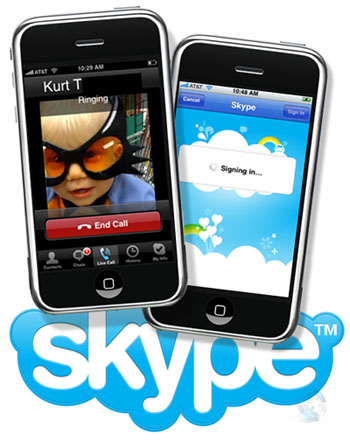

As a result, they profited greatly from making mobile apps. Developers who wanted to take advantage of the new App Store scurried to add new apps to the site. The apps allowed users to make their iPhones their very own. As expected, the iPhone became a huge success.

The public, especially Apple and iPhone fans, were hungry for something novel to use their iPhones. Because developers weren’t able to officially promote their apps outside of the App Store, working for Apple was the only option for them to introduce their apps and to add new features of the iPhone. When the App Store first launched, it had only 500 apps, which, when compared to the millions of apps available today, were paltry at best. Apps like the LIFE Fasting Tracker for iOS and Android are made for this kind of purpose.Īpple introduced the iPhone 3G and the App Store on July 9, 2008. It could be games, social media, music and even fasting apps. There are different apps that you can find on the App store. Its skyrocketing success also spurred its rival Android to develop Google Play (also known as Play Store), which also became incredibly successful. Without the App Store, the iPhone would have been just another phone. The App Store is definitely a game-changer. Developers have collectively netted about $100 billion since the App Store’s first launch. The App Store also provided a significant opportunity for developers and programmers to build, create, and sell third-party mobile applications to millions of smartphone users worldwide. Thanks to these mobile applications – or “apps” as we call them now – they have made our lives easier, more flexible, and more fun than ever. We use our phones also for navigating, editing photos and videos, playing games, paying bills, ordering food, calling cabs, finding jobs, finding love, and killing time. Now, we use our phones not only for making calls and texts. The App Store has changed not just the way we use our phones – it has also almost singlehandedly changed our lives.


 0 kommentar(er)
0 kommentar(er)
